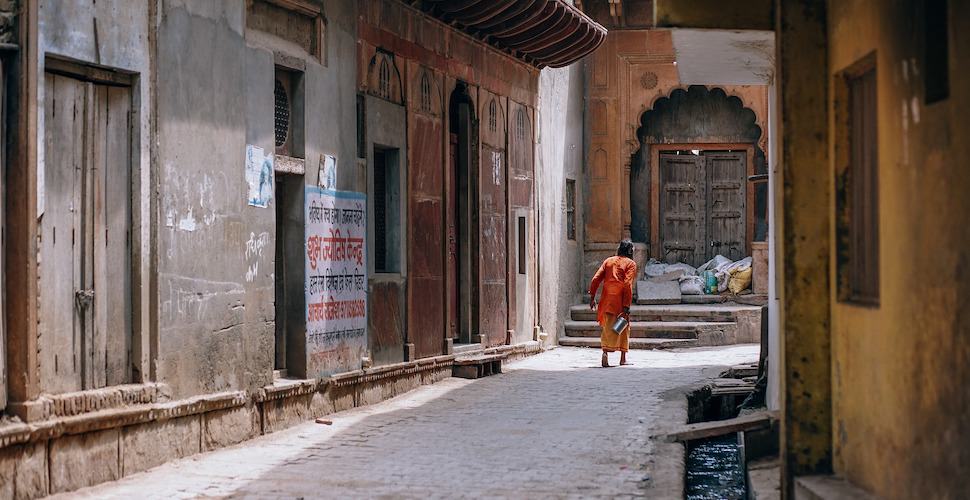Informal labor may look entirely different in the post-lockdown world—and, with fewer breaks, lower wages, and longer hours, may involve a great deal more exploitation.
This is no clearer than in India, where the lockdown enforced to fight the spread of COVID-19 suddenly left hundreds of thousands of informal workers without income and livelihoods.
Experts predict that as workplaces rush to reopen and recover lost time after lockdown, these informal workers—already among the country’s most exploited—will face serious modern slavery risks.
This is because informal workers by nature have no legal protection from exploitation, despite the fact they are estimated to form close to a staggering 93 percent of India’s total population.
The risk of modern slavery is especially high in the garment industry, where workers in India and across Asia have found themselves bearing the brunt of supply chains broken by the pandemic.
VICE reports:
“Think of folks who are a part of the supply chain or construction workers— they have lost three months of work, they have to make up for the lost time. There will be increased work hours,” [Trinanjan Radhakrishnan, the project coordinator for private sector engagement at Oxfam India] said. “In supply chains, the margins are already slim, so there will be more pressure or more hours at lesser wages.”
[…]
“You have to choose between either losing your job, or working doubly hard,” says Radhakrishnan. “Their consignments still have to be made up for. There will be lesser breaks. If eight hours is the law, the norm is 12 hours, and now, it will increase further. They will probably see 18-hour shifts. This could be worse for some people more than others.”
Some also fear that existing forms of discrimination could be reinforced.
In male-dominated India, for example, women could bear the brunt of exploitation in workplaces while continuing to perform unpaid labor at home.
Indians that are marginalized due to their caste, meanwhile, are likely to find themselves increasingly forced to perform degrading work with no protection.
The risk of modern slavery is exacerbated further by the fact that many jobless informal workers have resorted to loans, making them additionally vulnerable to debt bondage.
Many of these workers are migrants from rural areas and have been forced to return home, resulting in the exodus of millions from India’s cities.
With their return to urban areas uncertain, economist Arun Kumar predicts that India’s labor market could change dramatically—with enormous risks in terms of unemployment, poverty, and exploitation.
As of 2016, 7.9 million people in India are estimated to be in modern slavery. But with that number threatening to climb dramatically after lockdown, Radhakrishnan argues that this is a “critical juncture” for rebuilding an economy that leaves nobody behind.







Freedom United is interested in hearing from our community and welcomes relevant, informed comments, advice, and insights that advance the conversation around our campaigns and advocacy. We value inclusivity and respect within our community. To be approved, your comments should be civil.